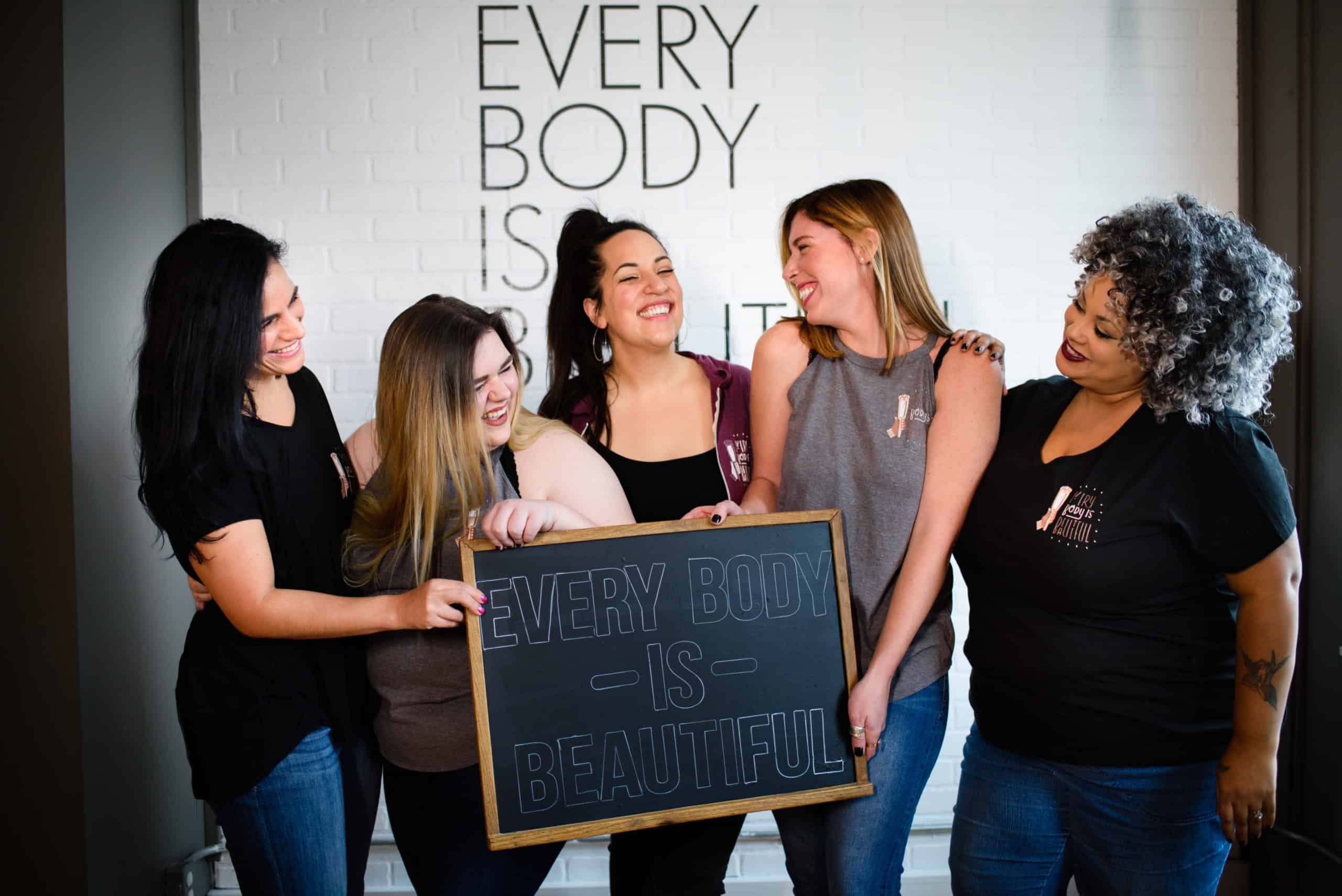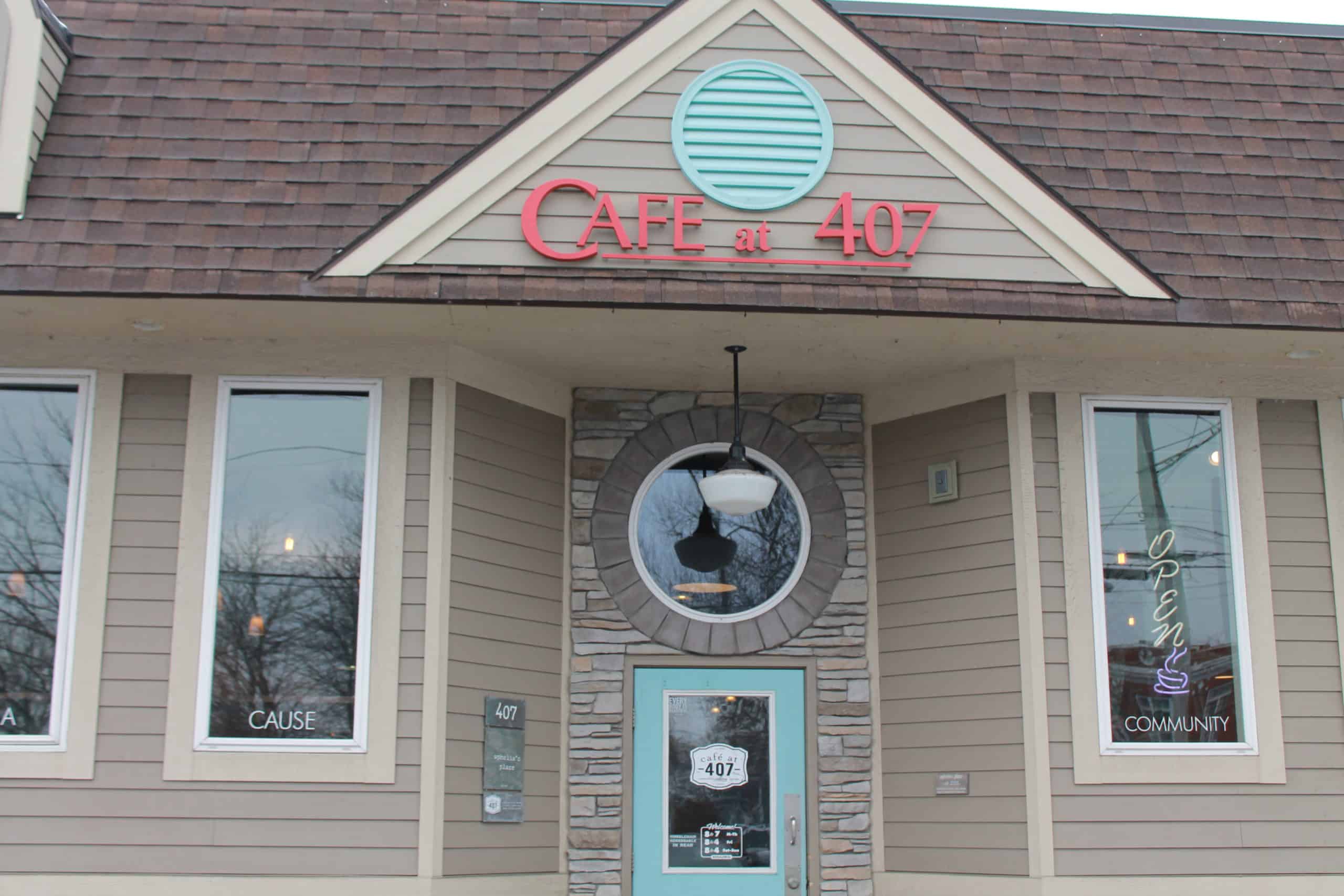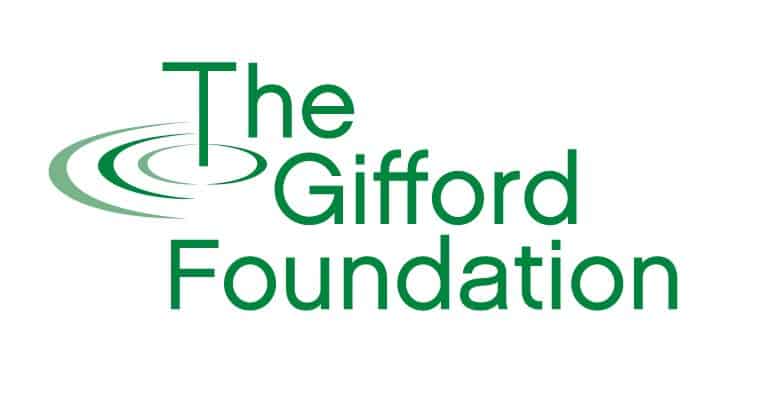Going Public: The Story Behind Ophelia’s Place
Ophelia’s Place has been a resource for people living with eating disorders for over fifteen years. Formed in Syracuse, they have grown from a small family project to a multifaceted organization that has developed innovative ways to self-fund and leverage digital tools to expand their impact. Examining their history and development reveals important lessons not only about food and diet culture in America, but about how thoughtful community engagement by impassioned individuals can flourish into a large scale movement.
Published: August 18th, 2020
The story starts with a mother and her daughter. Ophelia’s Place Founder and Chief Financial Officer Mary Ellen Clausen is part of a large Italian family where food is at the center of many gatherings, and forms an important part of their identity. Yet in addition to the Italian culinary traditions that passed from generation to generation, Mary Ellen thinks back to the days before Ophelia’s Place with an uneasy awareness of the impact that American diet culture had on their family. She says that she and other moms often found themselves constantly transitioning between diets, considering it normal. When her daughter Holli was diagnosed with an eating disorder at 16 and sought professional treatment, both women decided to reevaluate their conceptions of weight and body image together.

Ophelia’s Place provides resources and support for people dealing with eating disorders, as well as educating the general public about healthier attitudes toward food.
Today, Holli and Mary Ellen work as a team managing the nonprofit Ophelia’s Place. They often reflect on their experiences growing up as a way to help coach other families and guide the message of their organization. “I grew up with a mom who was always on a diet and it impacted me dramatically,” says Holli. “I would see she was this really amazing woman but all she cared about was shrinking, so the message I’m internalizing is ‘who cares what you can do in this world – you have to be small.’” After her diagnosis, Holli attended a treatment program in Arizona but saw her symptoms return after coming back to Syracuse. With the realization that there was a major lack of resources and education about eating disorders in Central New York, the two women took matters into their own hands and went public.
“In January of 2002, we put an ad in the local Penny Saver basically saying ‘If you or someone you know is struggling with an eating disorder, we want to hear from you,’” Explains Mary Ellen. “75 people came to that meeting.” They also put an ad on a billboard along with their home phone number that read “Some women don’t just diet, they die,” a reference to those who take their own lives each year while suffering from an eating disorder. “Now I can say that what we did was a ‘needs assessment’ but at the time I had no idea what a ‘needs assessment’ was,” says Mary Ellen. The large scale response from the community revealed the massive demand for eating disorder support in the CNY region.
Mary Ellen would soon leave her job as Vice President of a promotional products company and pursue the development of Ophelia’s Place full time. The early years saw growth, but also revealed the difficulty of finding consistent funding for their work. “We were always trying to get ahead of the curve, working on a day to day basis… We were always operating in crisis mode,” says Mary Ellen. In February of 2005, they had run out of money and the building they were using was scheduled to be demolished. “I drove up one day and saw a bulldozer outside.” NY State Senator John DeFrancisco (R) helped them find the funds to secure a new space, and they also started a capital contribution campaign. They were finally able to buy the building that they are still operating out of in Liverpool, and spent the next few years renovating it and writing grants. However, the problem of developing a long term, sustainable funding stream remained.
Exhausted by the process of endless fundraising, Mary Ellen was struck by the idea of creating a business to help generate funds for their nonprofit. “People want to give, but they want to be able to give responsibly. So to give to something which has no other way of sustaining itself [raises the question] ‘is this going to make it?’ so I kept thinking ‘what can we do to create a revenue stream’, and my first thought was creating that coffee bar.” She says that at first, her proposal was met with intense skepticism. “So many people told me not to do this. So many people said, ‘you cannot run a nonprofit and try to run this for-profit – it’s too much.’”

Today, however, the café has become a key part of the Ophelia’s Place community. People say: “I may not be able to come to your fundraiser, but I can come in and buy a cup of coffee, and that supports the work that we do and they then become part of the healing process.” Patrons are reminded that all tips go directly to supporting the nonprofit’s work. In 2019, they were able to raise $50,000 from that revenue stream alone. Unfortunately, the COVID-19 pandemic has forced them to shut down the café for now. “We closed, understanding that the café provided 30% – 35% of our overall budget,” says Mary Ellen. “It was a really hard decision to make.” They are in the process of reimagining the operations and space of the venue so that they will be positioned to reopen safely in the near future.
During their expansion prior to the opening of the café, the Gifford Foundation provided Ophelia’s Place with a grant that funded a consultant to help guide their growth and teach them the mechanics of building a sustainable nonprofit structure using the Lifecycles approach. This helped them develop the methodology and vocabulary necessary to plan for the future and make the most out of the resources they had. As time went on, Gifford would also provide capital to expand their educational efforts through digital learning. “Most recently, the grant they gave to help grow the digital course has been huge for us,” says Holli. Through their Every Body Is Beautiful Project, Ophelia’s Place is providing virtual courses on eating disorders and body positivity while also generating revenue from online supporters which goes back into expanding their materials and reach. As described on their website, “The Every Body Is Beautiful Project (EBIB) is a call to action for our community to take part in disrupting and reshaping the cultural norms around food, beauty, and bodies.”
The story of Ophelia’s Place is a strong reminder of how individuals can gradually build up their capacity to the point of enacting real change around a chosen mission. By investing in long term support structures like the café and an online subscriber base, they are able to add a level of stability to their operations that facilitates their nonprofit’s future growth and development. The personal origins of Ophelia’s Place also reveal a powerful lesson about how our own experiences can often reveal both the problems and solutions to challenges within our communities. It is then up to us to maintain our awareness and create that change wherever possible.
Subscribe to the Gifford Newsletter
Start enjoying our free quarterly publication today.


